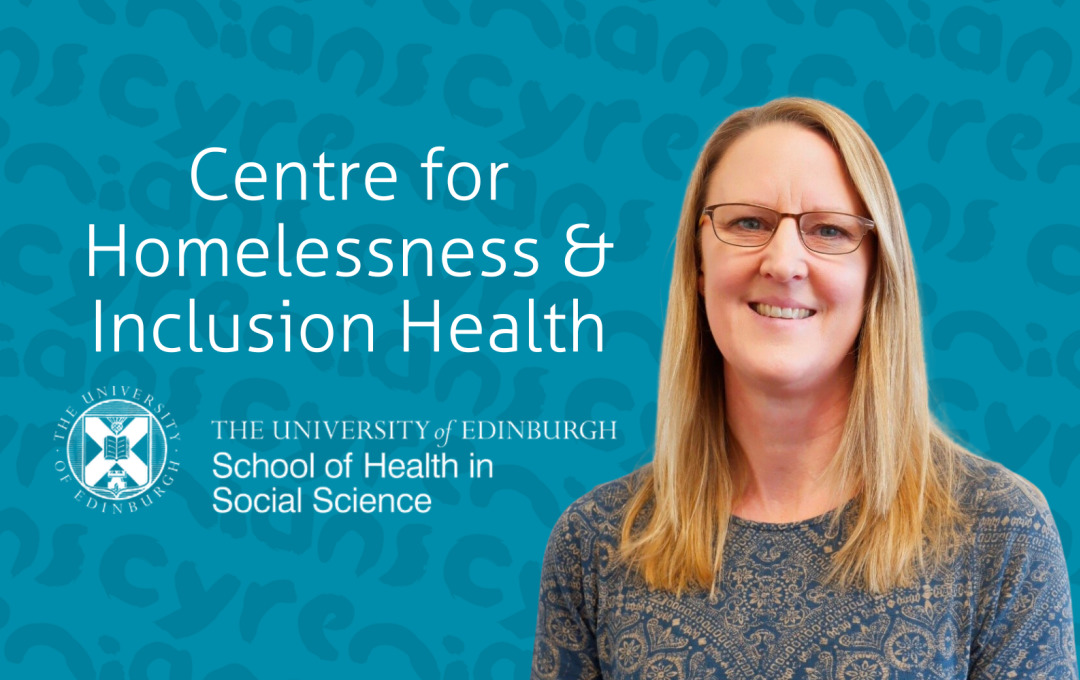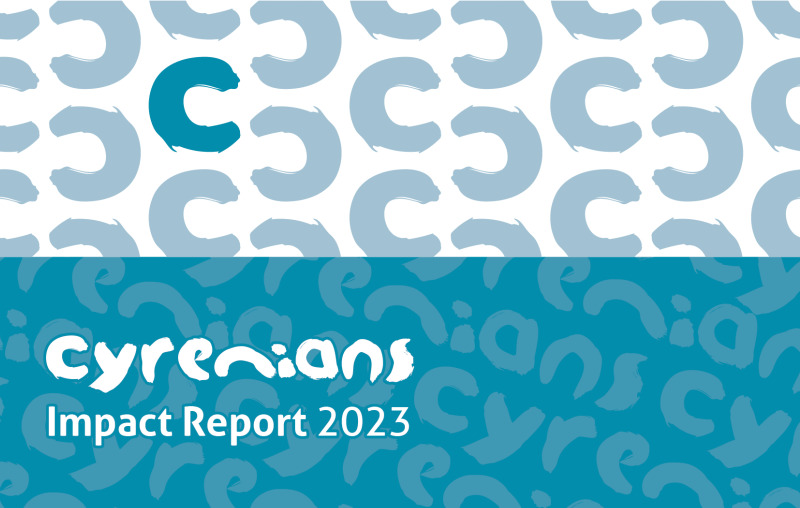The need for a public health approach to tackling homelessness

Professor Sarah Johnsen, Chair in Homelessness and Inclusion Health at the University of Edinburgh, explains the importance of approaching homelessness as a public health issue. This blog is adapted from a presentation Professor Johnsen gave at the launch of our 2023 Impact Report.
I’ve been working in this field for more than 20 years now. In that time I’ve had the privilege of interviewing many hundreds of people experiencing homelessness, frontline staff, and strategic movers and shakers in homelessness policy. I’ve also witnessed many shifts in the scale of homelessness, and in the degree and locus of policy attention it commands.
There is little debate that Scotland, like other UK jurisdictions, is facing a homelessness crisis.
More households than ever are being assessed as homeless or threatened with homelessness. More people than ever are living in temporary accommodation. And they are spending longer than ever in temporary accommodation.
Research tells us that people experiencing homelessness are disproportionately susceptible to poor health. They are at far higher risk of dying young than the general public. The most recent figures for England and Wales indicate that the average age of death for men experiencing homelessness is just 45 years and the equivalent figure for women is 43. Scottish data is recorded differently, but it estimates that 250 people died whilst homeless in 2021, and that nearly 72% of the homeless women who died were aged under 45, and 58% of homeless men who died were under 45.
We also know that levels of co-morbidity, meaning the coincidence of multiple health issues, is disproportionately higher for homeless people than the housed public. This is especially true amongst those who experience other issues such as substance use and/or involvement with the criminal justice system. The analysis of medical records of people using a specialist homeless healthcare service in Glasgow, for example, showed that the average age of patients was 43 but that their levels of multi-morbidity were comparable to those aged 85 or older in the general population.
Research also confirms that people experiencing homelessness encounter a number of barriers when trying to access healthcare. Some are anxious about accessing services because they assume that they’ll be viewed and treated in stigmatised ways. Some are wary of using specialist services targeting people who are homeless because they worry about bumping into someone who may harm them or jeopardise their recovery. More generally, health is very low on the list of priorities for many individuals, as they are just trying to survive from day to day.
Failures in healthcare provision can prolong people’s experiences of homelessness and/or put them at risk of repeat episodes. Furthermore, the benefits of some of the interventions which we know work are not fully realised because of gaps and sticking points around healthcare. Housing First, for example, resolves homelessness for the vast majority of homeless people with so-called ‘complex needs’, but getting adequate support for mental health issues remains a real struggle, such that they aren’t able to make as much progress on their recovery journey as they otherwise might.
Long story short, this all points to the need for homelessness to be framed as part of a wider public health agenda.
It’s no exaggeration to say that until fairly recently the health and homelessness policy worlds operated in almost entirely separate spheres. Recent years have witnessed intensive efforts on the part of some very committed people to drag the health and homelessness worlds closer together. This has not been an easy process, in part because policy and funding silos are very engrained – but also because stakeholders in different sectors tend to speak rather different ‘languages’.

Read our 2022-23 Impact Report
The Cyrenians have been front and centre in this shift toward more joined up consideration of housing and healthcare. Their involvement with the University of Edinburgh’s Centre of Homelessness and Inclusion Health as advisory group members since its inception is testament to that. So too is the active involvement of Cyrenians staff in the centre’s teaching programme which aims to equip healthcare and other professionals to meet the needs of society’s most excluded populations more effectively.
The Centre looks to organisations such as Cyrenians to ensure we are focussing on meaningful issues in our research and teaching.
We regard them as critical friends who will help us ask the right questions at the right time and ensure that our work is best placed to make a positive difference to homeless peoples’ experiences on the ground. We are excited by the opportunities to tap further into the Cyrenians’ vast expertise in pushing this agenda forward.